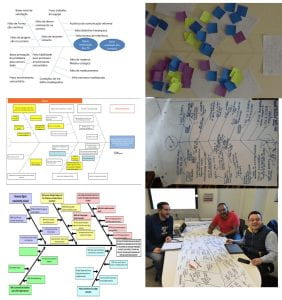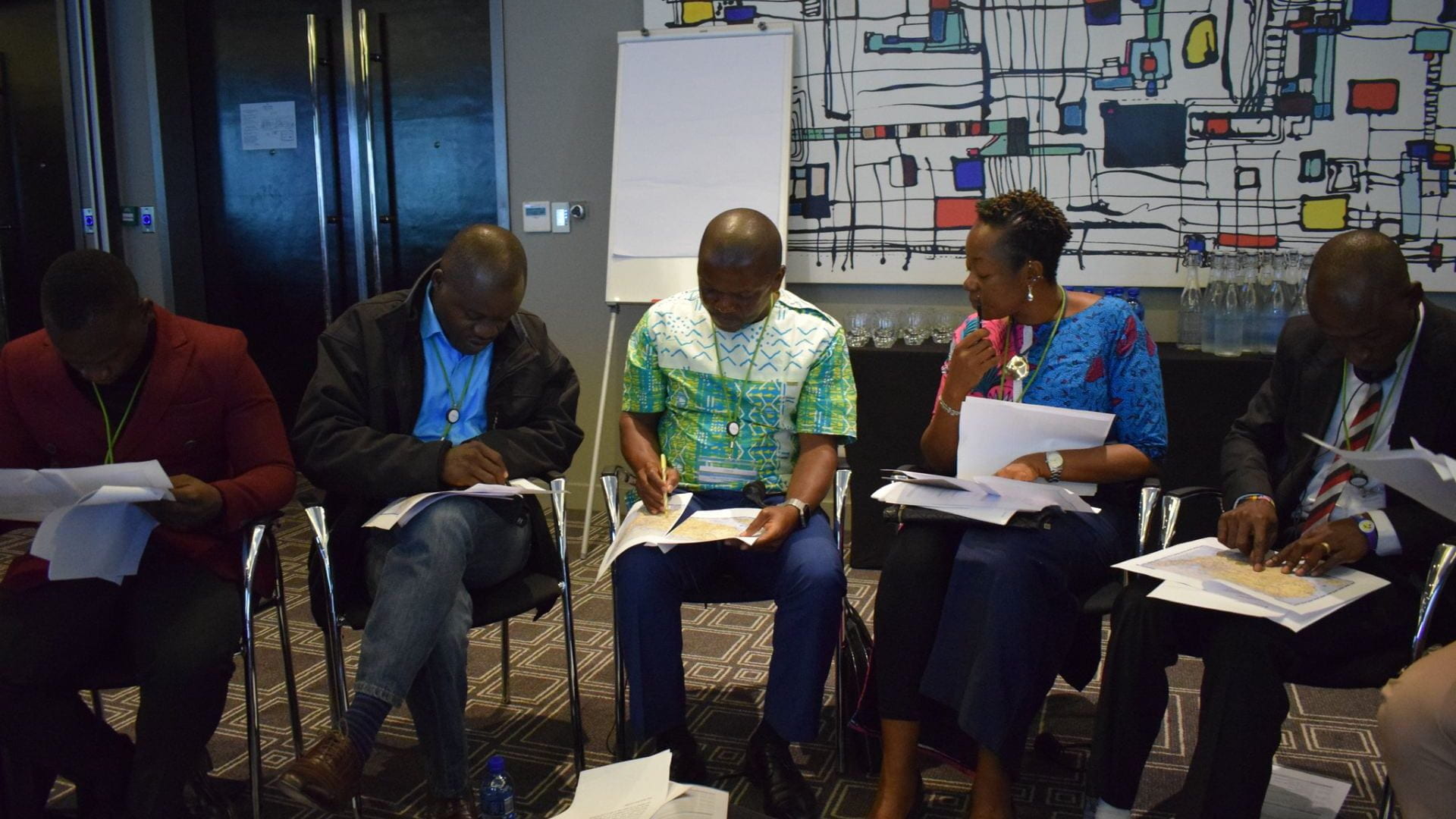written by Matt Andrews
We have a small team in Pretoria this week for the second year of PDIA work with the Collaborative African Budget Initiative (CABRI). The work with CABRI will see us working with 6 more African countries on public financial management reform problems.
This experience will increase the number of teams that we have directly worked with, over multiple month engagements, to over 50 in the last 9 years. We have also engaged with two to three times this number of teams in our online work during this time.
All of this has been in the name of experimenting with a new way to do development that we believe is needed in the face of complex and context specific challenges, and when the goal of engagement is both to build local capability ‘to do’ new things and to actually do those new things.
As many of you know, this approach is called problem driven iterative adaptation (PDIA), and involves engaging local agents in identifying their problems, encouraging these agents to determine where they have entry points to start tackling these problems, supporting these agents to nominate ideas to experiment with in these entry point areas, helping the agents try and test the ideas out in the field, facilitating learning from this experience, and mobilizing the agents to try their ideas again. And again. And again.
Through the many experiments over the last decade, we have been PDIA’ing PDIA itself, to develop practical and replicable methods and processes. To put it mildly, we are thrilled and excited at where all of this work has led. We have seen a new method of engaging that is emerging in countries across the developing world, where local officials are being mobilized to address challenges that have eluded them for ages: in arenas as varied as public financial management, private sector development, judicial reform, health care and education, and more. Teams working across domains have made progress in addressing their problems and building their own capabilities ‘to do’ what is needed to run their countries more effectively.
In this process, we at BSC have settled on a number of methods of engaging, and tools to work with. The work with CABRI employs most of these tools in a structured engagement we call the ‘PDIA Sandwich’. This ‘sandwich’ involves convening multiple teams in a time-bound PDIA exercise that:
- begins with a framing workshop where problems are identified and ‘next steps’ determined,
- the teams then move to rapid action and learning phase which we call the action-push period, where the teams take their ‘next steps’ and stop regularly to learn about their experience, iterating repeatedly for months, and
- draws the teams together in a final workshop at which results and lessons are shared and the teams are encouraged to employ their learnings independently in their home countries.
We honed the ‘sandwich approach’ in our past work in Albania and Sri Lanka, and saw it work well to structure the CABRI PDIA engagement last year. As noted, this approach is one of the methods we employ to help users use PDIA in practical ways (the others include things like our black belt team interactions, online modalities, and various course offerings). All these methods combine tools and processes that have emerged from our own practice of experiments in the last decade—including things like the problem construction and deconstruction process, change space analysis, push period iteration, PDIA check-in methods, and more.
We have tried and tested these tools across the globe and seen so many variations in so many places (see our small set of fishbone diagrams from teams representing places as varied as Mozambique, Albania, South Africa, Sri Lanka, Honduras, and Liberia).

We are now releasing ‘PDIA in Practice’ notes that describe the engagements we have learned from, where PDIA tools and ideas emerged from, and how these ideas have taken shape. Here is the first of these notes. It recounts a short story of the first PDIA experiment we conducted in Mozambique in 2009, and the ‘adaptation window’ idea and practice it inspired. A longer working paper on the experience is also available.
We will be producing more of these notes (and some with supporting working papers) in the coming weeks, and by fall we will also have a Dynamic PDIA Glossary that helps those interested to navigate the many ideas and tools that are now in play. Our final goal in this next period is to also release a PDIA Toolkit, where various tools are presented in practical and useable ways for anyone wanting to use them in their work.
We are excited about these new developments, and committed to democratizing management know-how across the world: making this available for everyone to use as they try to build capability and solve the world’s problems.
A final word: Our thanks and admiration go out to all the friends and colleagues and brave and caring development practitioners we have worked with in the last decade—including our local coaches in Mozambique, Albania, Sri Lanka, the CABRI coaches and CABRI country team members. You guys are the real difference makers in this development odyssey, and we are convinced that the legacy of your work will be amazing!
